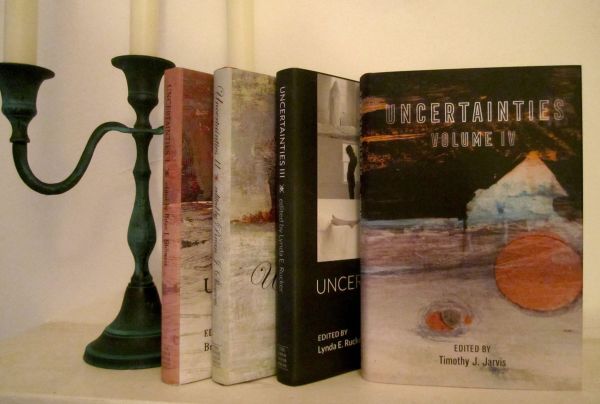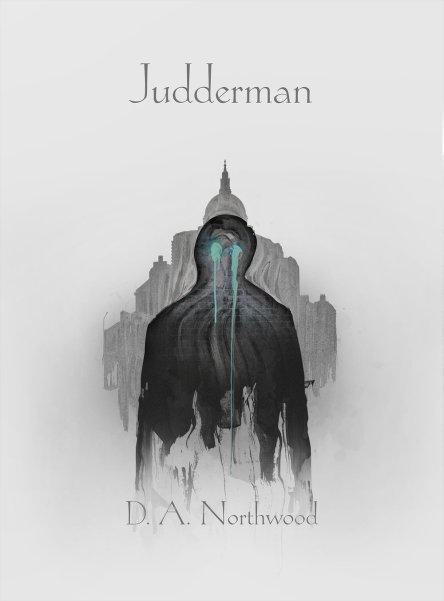The evening of Thursday 4th October saw the launch of The Wanderer, in a very apt space – a cellar beneath an occult bookshop in the heart of London’s Bloomsbury. There was topery and merriment, and I stumbled my way through some brief thanks and a short reading from the foreword of the book (on the principle that foreword is forearmed, or some such). Then we went to the pub for more quaffing. Though my thanks were brief – I wanted to avoid that thing of listing everyone I’ve ever met, which is so endemic to Oscar speeches and the like (indeed most Oscar speeches seem attempts to resurrect the medieval idea of a chain of being – attempts to connect everything from inert matter through to God, who, it would seem, according to the denizens of Hollywood, is such an avid movie goer, that, in order to ensure good acting in the films he watches, spends much of His time divinely inspiring thespians) – there really are a lot of people without whose support, encouragement, and editorial advice the book could never have been written. They know who they are, and I’m very grateful to them. And I’m really grateful to everyone who came to the launch, and made it such a fine event.
Tomorrow, Saturday 6th October, I’m participating in this event, discussing walking, and its relationship to memory and storytelling. I’ll be on a panel alongside Maud Casey, who’s most recent novel, The Man Who Walked Away, is a sublime meditation on loss and the nascency of psychiatry, told through the story of a 19th century Frenchman, Albert, who is a dromomaniac, a fugueur, compelled by his illness to walk all over Europe, but unable to retain any memories of his journeys, only able to recall the brief moments of stillness his condition allows him. I’ve, therefore, been thinking a lot about walking and fiction in general, and walking in The Wanderer in particular.
An exploration of certain aspects of walking in fiction was a large part of what I wanted to do with the book; indeed the PhD thesis out of which it was developed has the decadently pompous subtitle, ‘Peregrinations in Eldritch Regions’. I wanted to engage with a particular British tradition of walking in fantastic fiction, a tradition exemplified by the meanderings of the protagonists of Arthur Machen’s stories, a tradition in which a transformative and terrifying sublime vista could be waiting round every corner. I wanted to twist the tropes of recent psychogeographical writing, to distort in weird ways; rather than writing tramping feet that wear down through the strata of London’s cultural, historical, and esoteric palimpsest – something that, though it can be revelatory, is always Gothic, and sometimes ‘heritage’, the routes walked into the city sigils to invoke the past – I wanted to write feet that stray from the path of the ordinary and everyday, and into eldritch regions (actually, less stray, than have that path wander from beneath them)… Darkness doesn’t lie beneath or beyond, rather it’s insinuated into rational spaces and distorts them. I hoped the book’s terrors would not just cross the boundaries that delimit them, but deform and erase those boundaries. I wanted to depict real places, known to many readers, as being rife with horror, so that, drawn into the perturbing regions described by the novel, they might find it difficult to mark them off from the spaces through which they move every day.
Or this would have been what I’d have wanted to do, were The Wanderer a work of fiction by me, which, of course, it isn’t…




